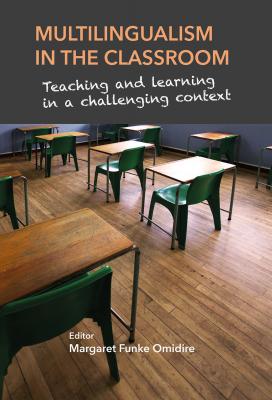Multilingualism in the classroom: Teaching and learning in a challenging context
Synopsis
Most education settings in South Africa and other post-colonial emerging economies are multilingual and diverse. Indeed, this is true of classrooms in developed countries as well. Yet English continues to be the language of instruction from the early grades. The authors of this book draw attention to the negative effects of this practice on achievement, retention and dropout rates, psychosocial wellbeing and community development. And they support the need to view indigenous languages as assets and resources within classrooms.
Societal emancipation and transformation begin in the education setting, and no transformation discourse can be successful if the issues surrounding multilingualism are not properly addressed. Teaching and learning pedagogies that ignore the complexities and dynamics of multilingual classrooms are simply reinforcing past worldviews and improved learner-achievement results cannot be expected unless things are approached differently.
This book, written by authors from across Africa and the United States, with first-hand experience in research and teaching, focuses mainly on teaching pedagogy. Importantly, it is evidence-based in its analysis and guidelines which detail contextually appropriate strategies to support teachers and students’ learning and development. It is a resource not only for teachers and learners in multilingual contexts worldwide, but also for policy-makers, researchers and student teachers in the education space.
Downloads



